Mother
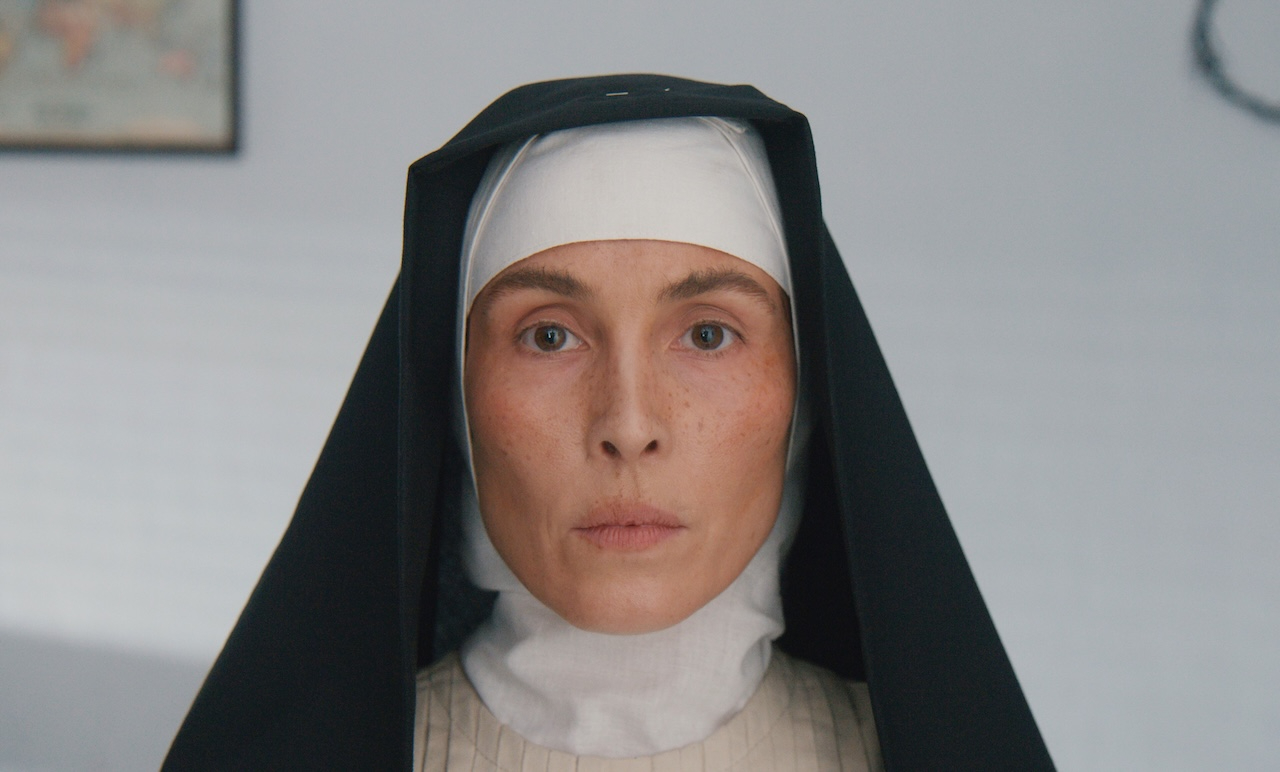
Teona Strugar Mitevska’s Mother is not a conventional biopic of Mother Teresa but an imagined snapshot of a decisive week in her life. Set in Kolkata in August 1948, the film follows Teresa (Noomi Rapace), 37 and still Mother Superior at the Sisters of Loreto convent, as one of the sisters is faced with a pregnancy shortly before leaving to form her own order. The story unfolds over seven days, each one announced in emphatic red-lettered title cards – a choice that feels overly didactic in an otherwise naturalistic work.
The convent setting is captured with a painter’s eye: green-shuttered windows provide a subdued backdrop until, in one striking sequence, they flare into luminous panels of colour as Teresa rages at Sister Agnieska (Sylvia Hoeks) when she uncovers her situation. The confession booth, with its dark reds and heavy wooden browns, adds an ominous weight to these spaces, contrasting sharply with the softer greens and pastels elsewhere, emphasising the gravity of the private confessions and moral reckonings that take place within. The effect – somewhere between stained glass and stage lighting – transforms her fury into something both sacred and frightening. The ceiling fans rarely stop turning, their soft whirring filling scenes with a sense of quiet, everyday life.
The film’s treatment of unplanned pregnancies is probing and nuanced, tracing the burdens of conscience and the elusiveness of easy answers as Teresa’s steadfast moral rigour clashes with her institutional obligations and her sense of responsibility towards her junior sister. What makes Mitevska’s vision compelling is its focus on hesitation rather than certainty. We know the monumental role Teresa will eventually occupy, but here she is portrayed as a woman caught between institutional duty and the perilous leap into something unknown. Rapace embodies her with brisk directness: her answers to difficult questions are clipped, uncompromising and almost brusque. It is a performance that strips away the saintly aura and replaces it with something colder, more unsettling. Her steely exchanges with an elderly nun – who calls her “Mother” while openly questioning her judgement – underline the strangeness of her position: a young woman already burdened with the weight and title of seniority. Meanwhile, her morning ritual of sending schoolgirls in pink uniforms to prayer – with hugs, geography lessons, and firm yet gentle instruction – reveals a more human side of the younger Teresa’s authority, rounding out a self-contained and multidimensional portrait of one of the most prolific women of the 20th century.
Christina Yang
Mother does not have a release date yet.
Read more reviews from our Venice Film Festival coverage here.
For further information about the event, visit the Venice Film Festival website here.
Watch the trailer for Mother here:

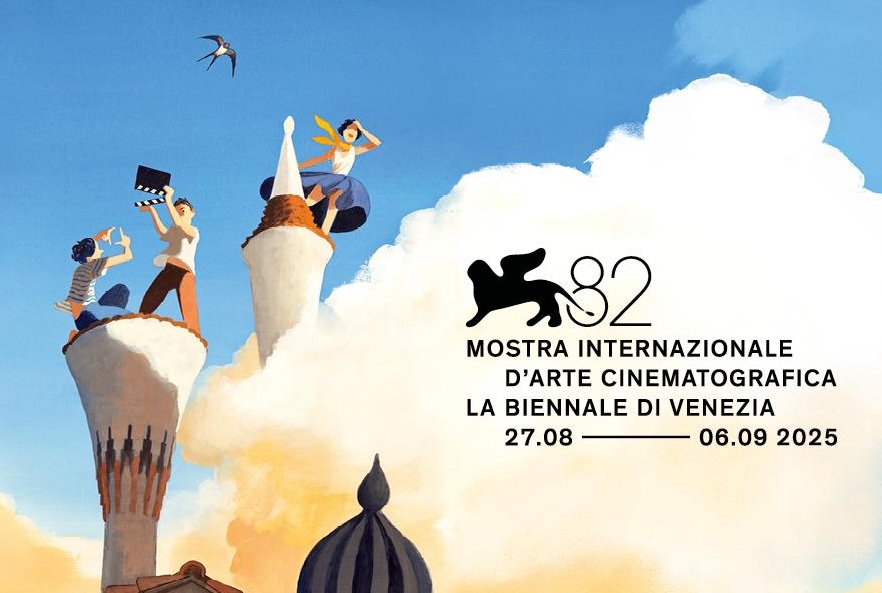


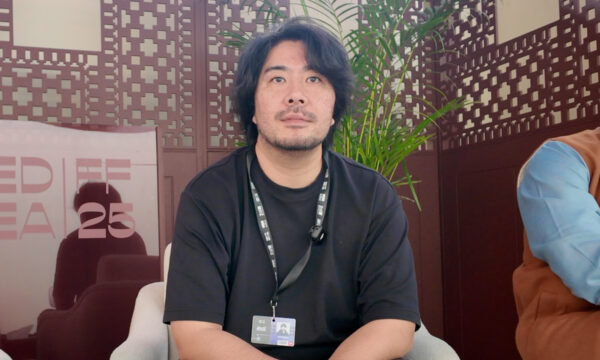

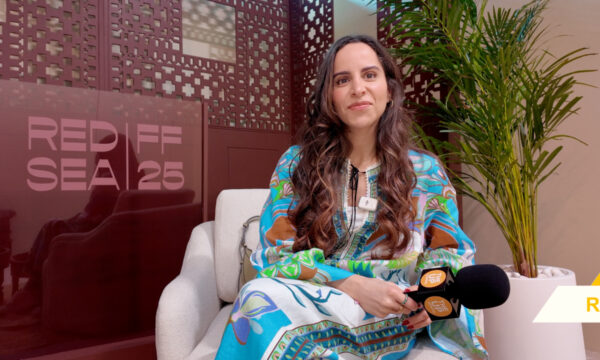
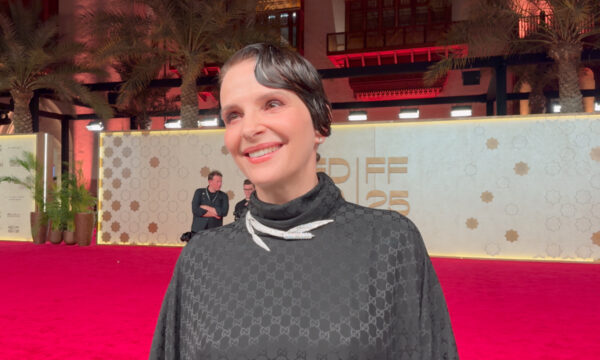
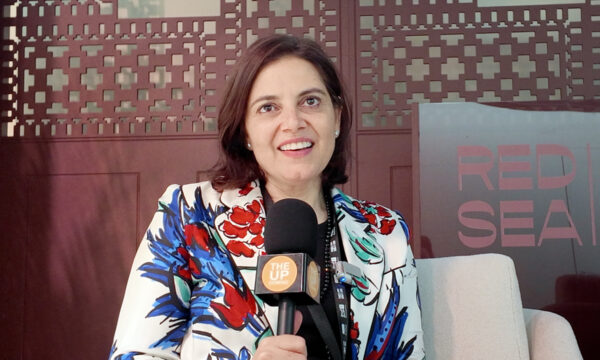
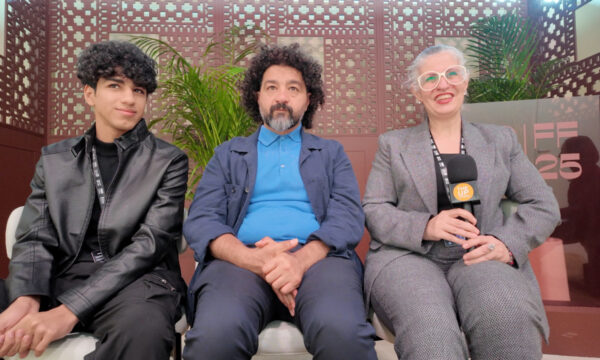




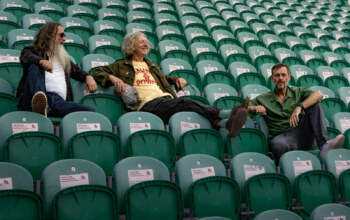


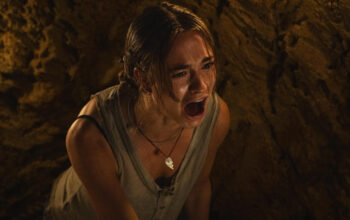





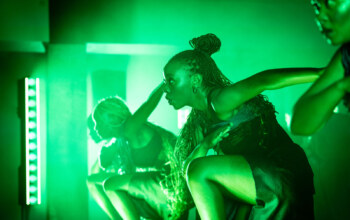


Facebook
Twitter
Instagram
YouTube
RSS